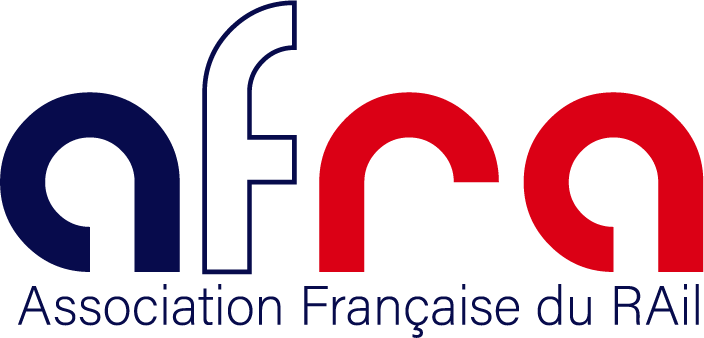Three months after its opening, the French railways forum is being concluded today. AFRA (l’Association Française du Rail) warmly welcomes this initiative, which, if the wishes of the Ministers for the Environment and Transport are to be respected, should lead to a root and branch reform of the French railway system.
The forum’s specialised committees (competition and social issues, governance, economy and finance, industry) have identified four major challenges:
- Governance of the French railway system must be reformed, simplified and rationalised;
- Competitive tendering for regional train services (TET – trains d’équilibre du territoire) must be introduced in 2014;
- Priority must be given to restoring the overall economic viability of the railways;
- A harmonised and competitive set of working conditions must be defined.
These conclusions lend weight to the views constantly expressed by AFRA, which, since its inception, has supported moves to liberalise the railway market in France within the framework of healthy, fair and regulated competition.
AFRA nevertheless wishes to restate a number of essential principles on which it believes an effective and lasting reform of the French railways must be based:
- As an extension of the reform initiated in 1997, AFRA advocates placing all the skills and resources directly related to infrastructure (SNCF Infra, Gares & Connexions and the DCF) under the authority of the infrastructure management body in order to improve the quality of paths. An independent regulatory authority with financial independence and wide-ranging powers should ensure that all rail operators enjoy non-discriminatory access to the rail network.
- Liberalisation of all domestic rail services (TER, TET and main line services) should be initiated without delay for the benefit of all stakeholders. In this respect, AFRA calls for the repeal of Article 18 of the Loti legislation, which grants the incumbent operator a monopoly on the transport of passengers by rail in France. For TET trains, it sincerely hopes that an inter-ministerial task force shall enable this target to be met in 2014.
- The financial situation of the national railways, carrying debt of €40 billion and generating an annual deficit of €1 billion, must be rapidly consolidated. AFRA calls for the introduction of multi-annual financing arrangements for infrastructure and licensed rail services.
- The new market entrants call for the introduction of a harmonised set of working conditions, taking due account of the economic constraints of railway transport. AFRA calls for negotiations within the joint national committee of social partners, bringing together the UTP and the social partners, to draft an industry-wide national collective agreement on passenger transport by rail.
With 70% of French people in favour of liberalisation, AFRA expects the government to announce a precise legislative and regulatory timetable and start work without delay on the implementation of the forum’s recommendations.
In addition, AFRA expresses its surprise at the critical comments on the liberalisation of the rail freight market by Minister Nathalie Kosciusko-Morizet in her closing statement to the forum: “counter-model”, ”a good example of what not to do”. Such comments in no way reflect the experience of the new entrants, their employees and their customers.
The new operators on the rail freight market have seen rapid growth of their market share since market liberalisation was initiated in 2005. In 2011, their market share stands at 20% – a development that has kept on the rail network traffic, which, in the absence of suitable alternatives, would have been lost to road haulage. A further proportion of overall traffic (between 25% and 50% in 2011) has been clawed back from road haulage in a genuine modal transfer.
Although liberalisation of the rail freight market has taken place against a difficult backdrop (economic crisis, run-down infrastructure and inadequate path quality), its shortcomings cannot be ascribed to increased competition. While market liberalisation was not properly prepared in terms of labour relations, the lost ground has since been made up by the negotiation of industry-wide agreements within the framework of a constructive social dialogue between the UTP and the Trade Unions. These agreements have been approved by the Board of UTP, of which SNCF is a member.
AFRA interprets the Minister’s critical comments as an implicit recognition that such unforeseen shortcomings are due to the inadequate preparation for market liberalisation by SNCF.
***
L’Association Française du Rail (AFRA
Founded in March 2009, AFRA (l'Association Française du Rail) brings together railway companies, which consider that the French market for freight and passenger transport will only be able to develop fully within an open, competitive and regulated market.
AFRA currently has the following railway companies among its members:
Veolia Transdev, CFTA Voyageur and Trenitalia in passenger transport; Euro Cargo Rail (a subsidiary of DB Schenker Rail), Europorte (a Eurotunnel company), Trenitalia, Colas Rail and T3M in freight and combined transport; Vossloh, a rail infrastructure and technology company.
Contact /Jacques Malécot: AFRA Chief Executive. Tel: +(33) 1 75 44 87 59; +(33) 6 27 22 83 44
